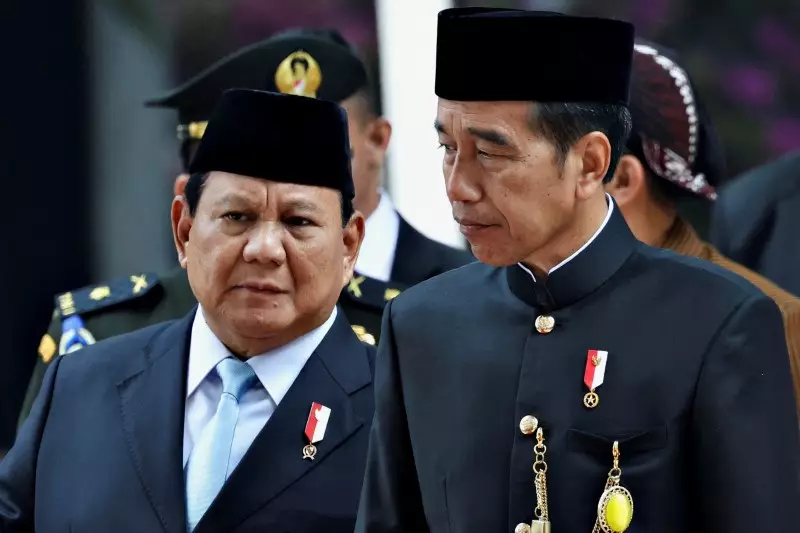The recently submitted 2025 budget plan by Indonesia’s outgoing government highlights a commitment to fiscal prudence, aiming for a narrower deficit compared to the current year. This proposal, with a total worth of 3,613.1 trillion rupiah ($230 billion), projects a deficit of 2.53% of GDP for the next year, which is lower than the expected deficit of 2.7% for the current year. The focus on maintaining a healthy and credible fiscal policy under the new president is evident in this budget.
Considering the close attention investors have been paying to the budget proposal, it is reassuring to see that the government is committed to upholding strict fiscal rules. There were concerns that the new president might steer towards a more debt-driven approach to achieve ambitious growth targets. However, the proposal indicates a continuation of structural reforms and collaborative efforts among fiscal, monetary, and finance policies.
Economists and market analysts have responded positively to the budget plan, emphasizing the importance of maintaining fiscal prudence for investor confidence. The fact that the deficit level is lower than anticipated is seen as a positive sign for bond investors and overall market stability. It is crucial for the new government to prioritize responsible economic management to sustain growth and attract investment.
The budget proposal assumes a 5.2% economic growth in 2025, aligning with the forecast range for GDP growth in the current year. Analysts believe that this target is achievable given the expansionary plans outlined in the budget and anticipated monetary easing. Inflation projections and revenue targets are also in line with the central bank’s objectives, reflecting a comprehensive approach to economic planning.
One of the key aspects of the budget is the allocation of funds to critical programs such as the “Free Nutritious Meals” initiative and infrastructure development. These investments are aimed at addressing poverty and supporting economic growth through essential services and capital projects. The proposed reforms in energy subsidies and taxation demonstrate a proactive stance towards sustainable economic development.
As Indonesia transitions to a new government, the focus on fiscal prudence and responsible economic policies will be crucial in navigating future challenges and opportunities. The selection of key officials, including the finance minister, will play a significant role in shaping the economic agenda of the new administration. It is imperative for policymakers to balance growth objectives with fiscal discipline to ensure long-term stability and prosperity.
The 2025 budget plan presented by the outgoing government underscores the importance of fiscal prudence in Indonesia’s economic planning. By maintaining a credible fiscal policy, pursuing structural reforms, and fostering collaboration across policy areas, the country can continue on a path of sustainable growth and development. As the new government takes office, the adherence to sound economic principles will be essential in realizing Indonesia’s full economic potential.

